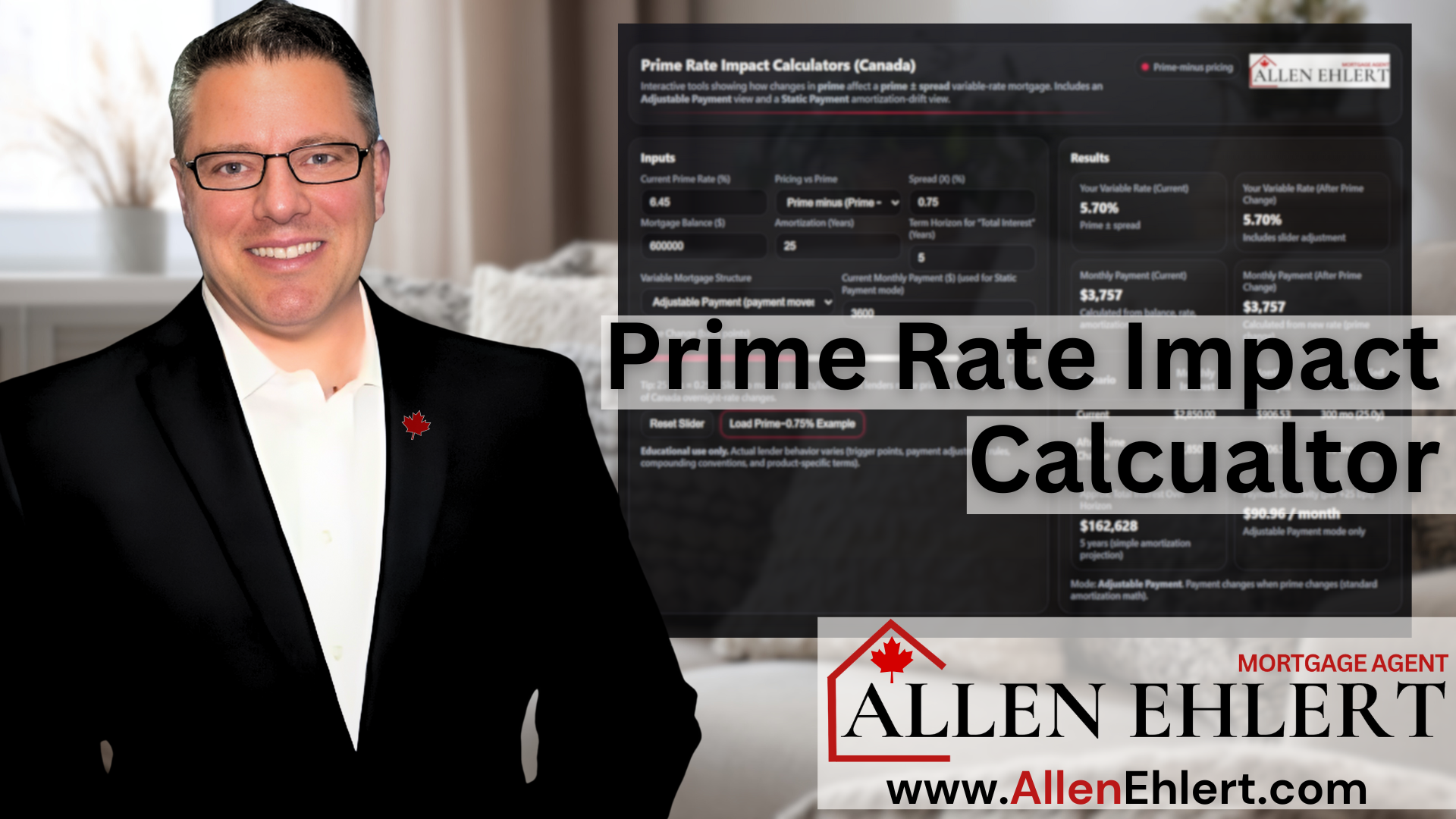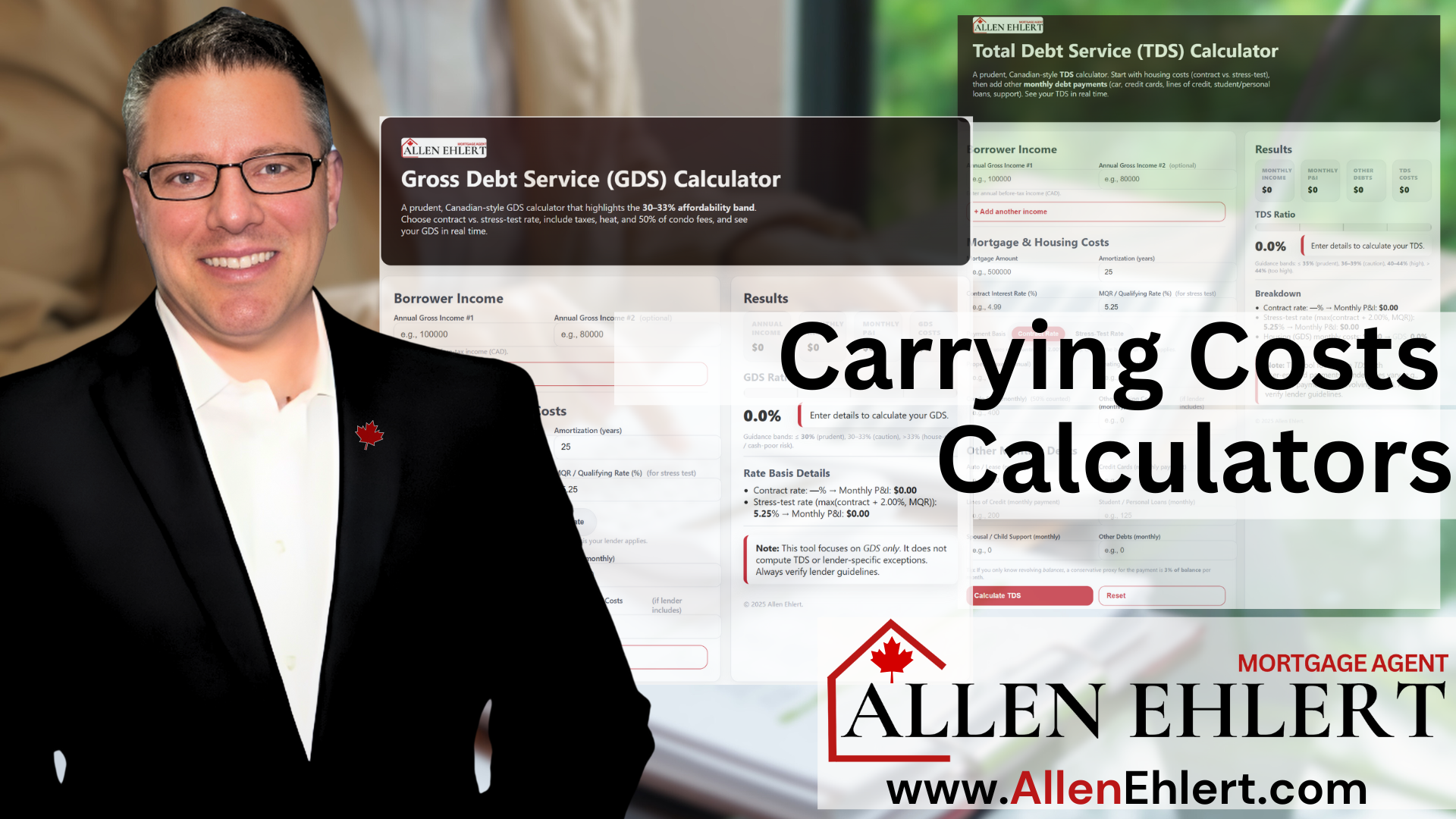… Unlocking Better Financing: How CMHC Insurance Makes Multi-Family Mortgages Work Smarter for You
If you’re eyeing a multi-family building — whether it’s your first 10-plex or your next 100-unit acquisition — you’ve likely heard whispers about CMHC insurance and how it can help you lock in better financing. And yes, it’s true: CMHC isn’t just for homeowners trying to squeak by with 5% down. In the commercial world, CMHC’s Multi-Unit Mortgage Insurance program is a powerful tool for investors looking for stronger financing, lower rates, and longer terms.
But here’s the thing most people don’t realize: while CMHC can help you get better terms, the process is a lot more detailed and structured than your typical commercial mortgage. You’ve got to know what to expect, how to position your application, and how to plan for timelines that aren’t always lightning fast.
Let’s walk through how CMHC insurance works for multi-family deals, what lenders want to see, and how to structure your financing to take advantage of this government-backed program.
What I’m Covering:
What is CMHC Multi-Unit Mortgage Insurance?
Why Investors Use CMHC-Insured Financing
What CMHC Looks for in Your Application
How to Structure Your Financing for Success
How You Can Use This Knowledge to Your Advantage
What is CMHC Multi-Unit Mortgage Insurance?
CMHC’s Multi-Unit Mortgage Insurance program exists to encourage rental housing in Canada by reducing lender risk. By insuring the loan, CMHC gives lenders the confidence to offer better terms — lower rates, longer amortizations, and higher loan-to-value ratios — because their risk is backed by the federal government.
This program applies to properties with 5 or more residential units — everything from small walk-ups to large apartment towers.
But don’t confuse this with residential CMHC. This is a commercial program with more detailed underwriting, more paperwork, and very specific guidelines around affordability, energy efficiency, and sustainability (depending on the program stream you choose).
Why Investors Use CMHC-Insured Financing
There’s a reason savvy investors lean into CMHC financing for multi-family assets. The benefits are hard to ignore:
Higher Loan-to-Value (LTV)
You can finance up to 85% LTV, sometimes even higher under certain programs. That means less cash tied up in the deal.
Longer Amortizations
Terms can stretch to 40 years on some insured loans. That means lower payments and better cash flow.
Lower Interest Rates
Because the lender’s risk is reduced, you’ll typically secure rates 0.50% – 1.00% lower than conventional commercial loans.
Non-Recourse Financing
Most CMHC-insured loans are non-recourse, meaning the property is the security — not your personal guarantee.
What CMHC Looks for in Your Application
CMHC is thorough — and rightfully so. They want to know your project isn’t just profitable, but also aligned with long-term housing stability and sustainability goals. Here’s what they’re scrutinizing:
Property Performance
- Occupancy rates
- Rental income vs. expenses
- Debt Service Coverage Ratio (typically 1.30+)
Borrower Strength
- Experience with multi-family assets
- Financial capacity
- Proven track record managing similar properties
Property Condition & Location
- Market demand for rental housing
- Building condition and maintenance
- Energy efficiency (optional programs reward green buildings)
Affordability Metrics
If you’re targeting affordability incentives (lower premiums, better terms), CMHC wants to see rents below certain thresholds relative to local income levels.
How to Structure Your Financing for Success
If you want to make the most of CMHC’s offerings, it’s all about preparation and positioning. Here’s how to tee up your deal:
Organize Your Documentation
Detailed rent rolls, expense reports, appraisals, environmental assessments — CMHC expects clean, complete packages.
Plan for Timelines
CMHC approvals can take longer than conventional deals. Build this into your closing timeline or negotiate conditional periods accordingly.
Choose the Right Program Stream
CMHC offers standard, affordable housing, and energy-efficient streams. Pick the one that aligns with your goals and property profile.
Work with Experts
Not every lender is efficient with CMHC deals. Choose a lender (and a broker) who understands the ins and outs of this process to avoid delays and surprises.
How You Can Use This Knowledge to Your Advantage
Let’s say you’re buying a 24-unit apartment building. The building is stable, 95% occupied, and in a market with strong rental demand. By using CMHC financing:
- You might secure 85% LTV financing with a 40-year amortization.
- Your cash flow improves because your payments are spread over a longer term at a lower rate.
- You avoid tying up unnecessary capital, freeing you to keep growing your portfolio.
Or maybe you’re refinancing a 16-unit building you’ve improved over the years. CMHC-insured financing could allow you to:
- Refinance at a better rate
- Extend your amortization
- Pull equity for future investments
The more you understand the structure, the more you can leverage it to your advantage.
Allen’s Final Thoughts
CMHC-insured financing is one of the best tools in the toolkit for multi-family investors in Canada. It’s not fast, and it’s not light on paperwork, but the rewards — higher leverage, better terms, and stronger cash flow — are worth the effort when structured properly.
The key is knowing the rules, managing expectations, and working with someone who’s done this before. That’s where I come in.
How I Can Help
As your mortgage agent, I help you navigate the complexities of CMHC-insured financing so you don’t waste time or money chasing the wrong strategy. I’ll help you:
- Analyze your property and goals to ensure CMHC is the right fit
- Organize your documentation to meet CMHC’s expectations
- Identify lenders who are efficient and experienced with CMHC
- Structure your financing to maximize leverage and cash flow
- Guide you through the process, start to finish — with no surprises
Whether you’re buying, refinancing, or repositioning a multi-family asset, I’m here to make CMHC financing work for you — not against you.
Let’s talk about how to structure your next deal for long-term success.












